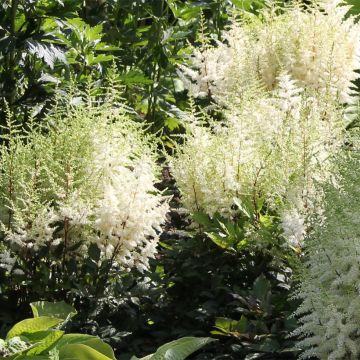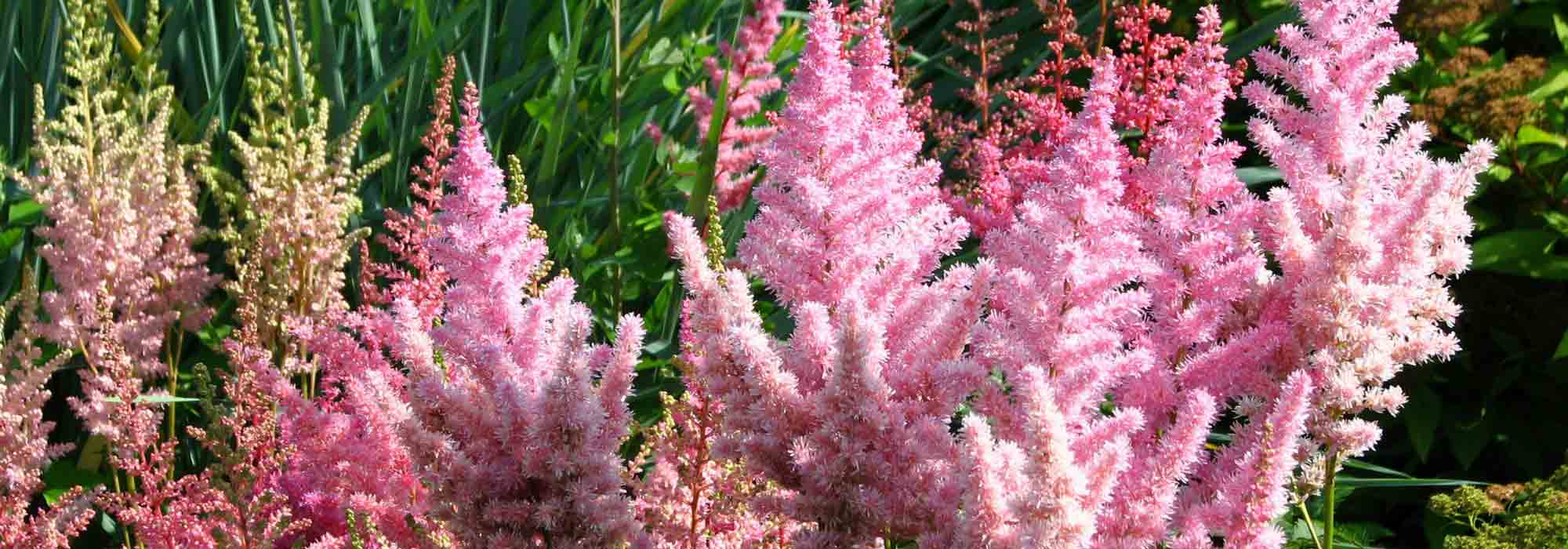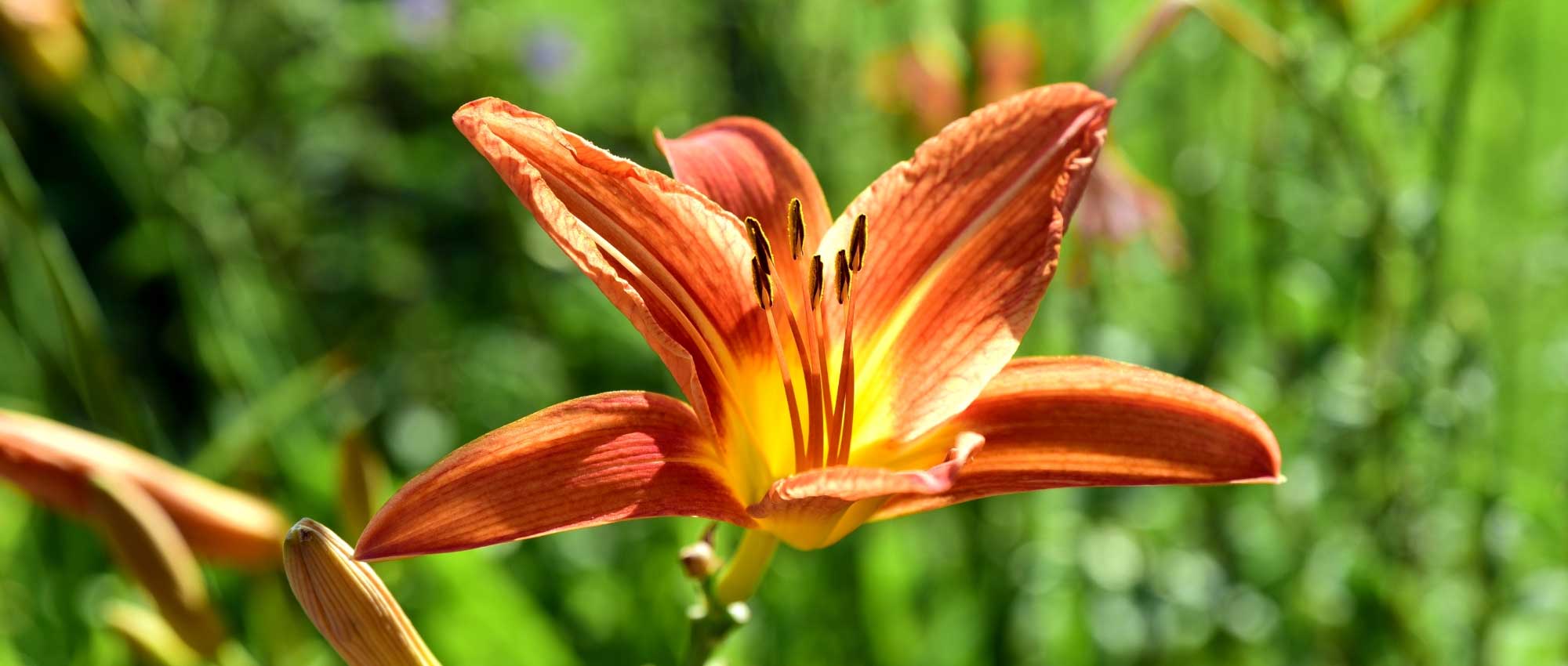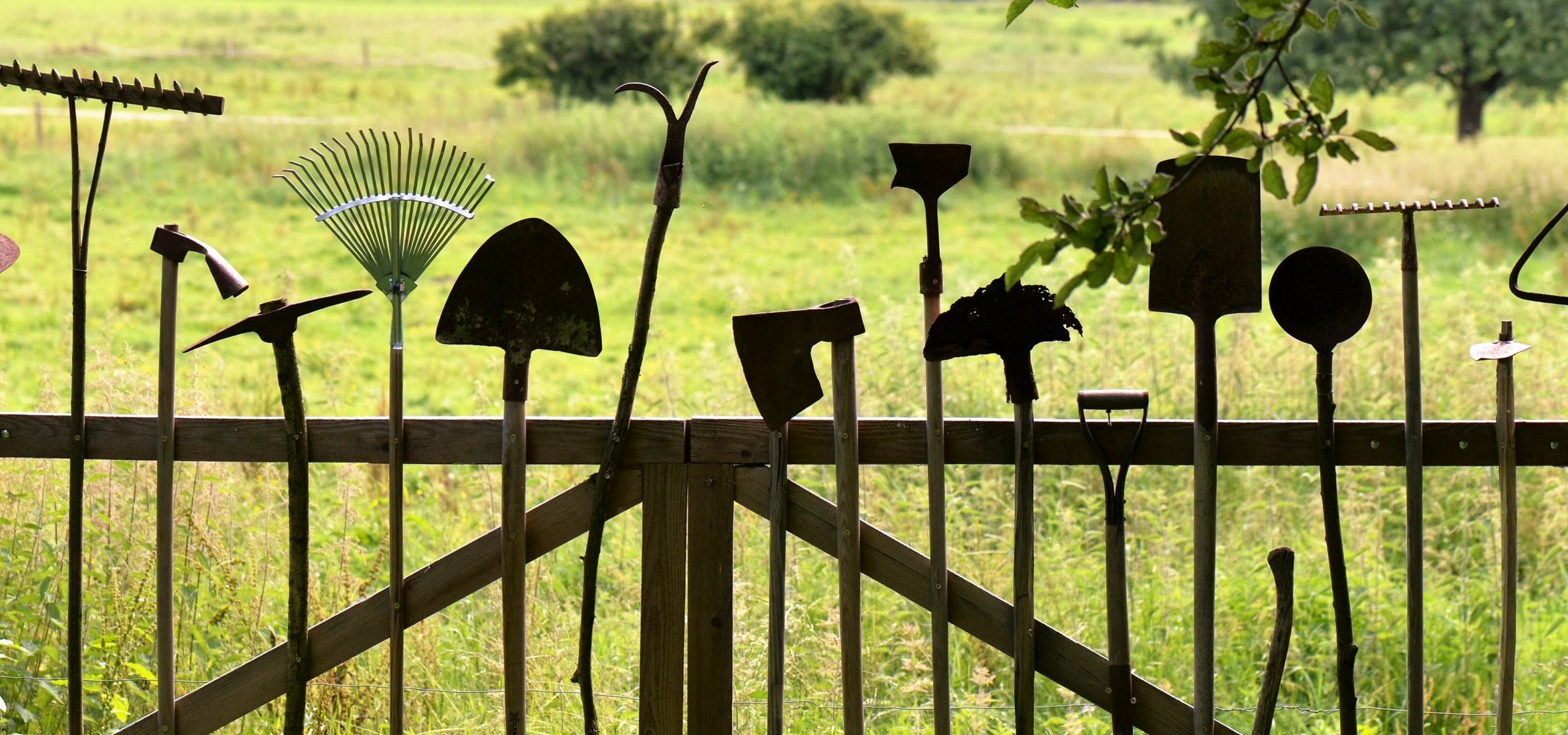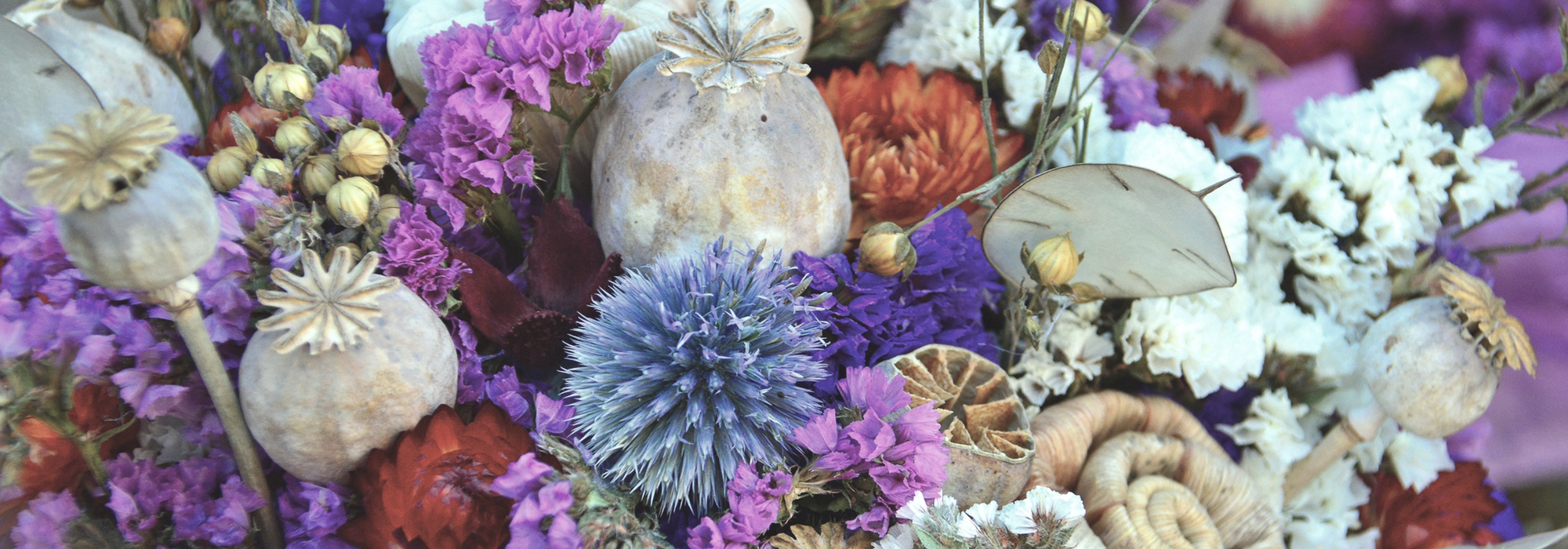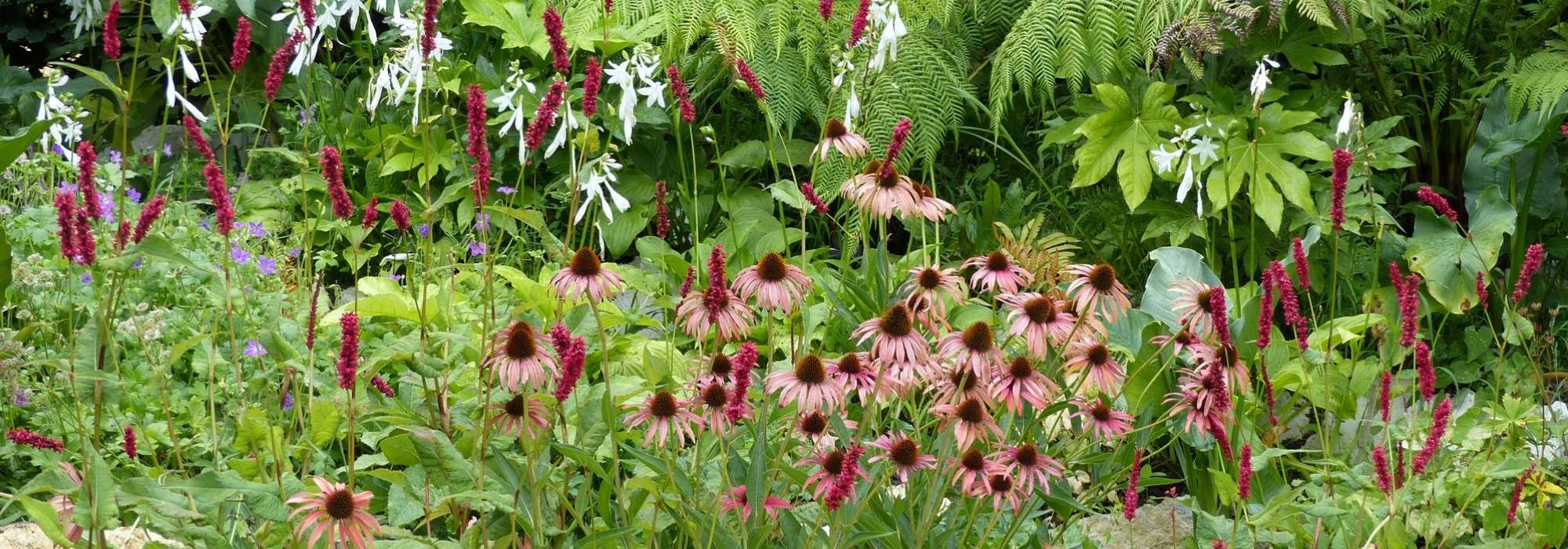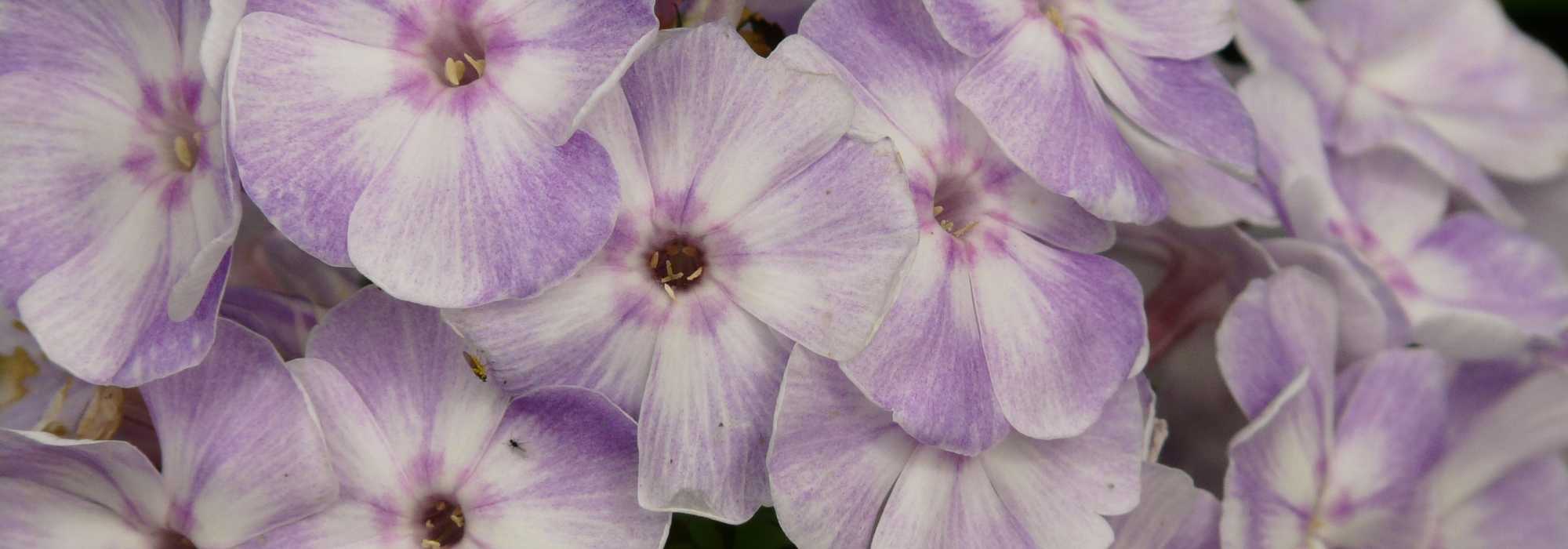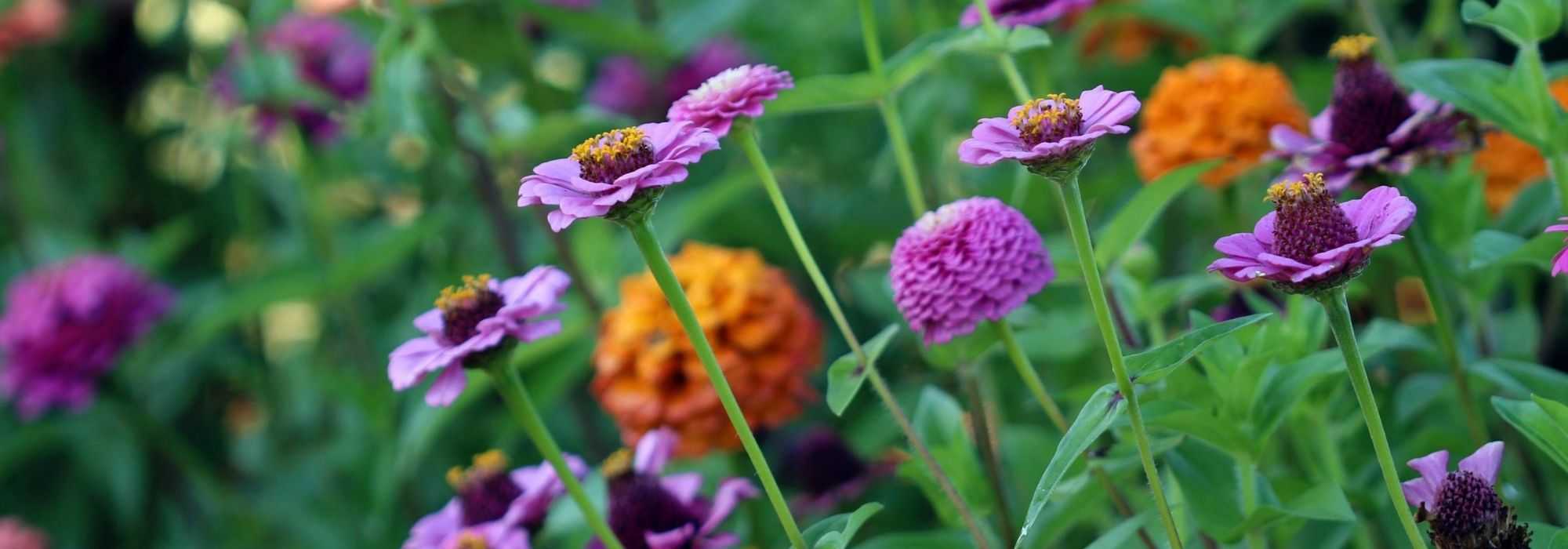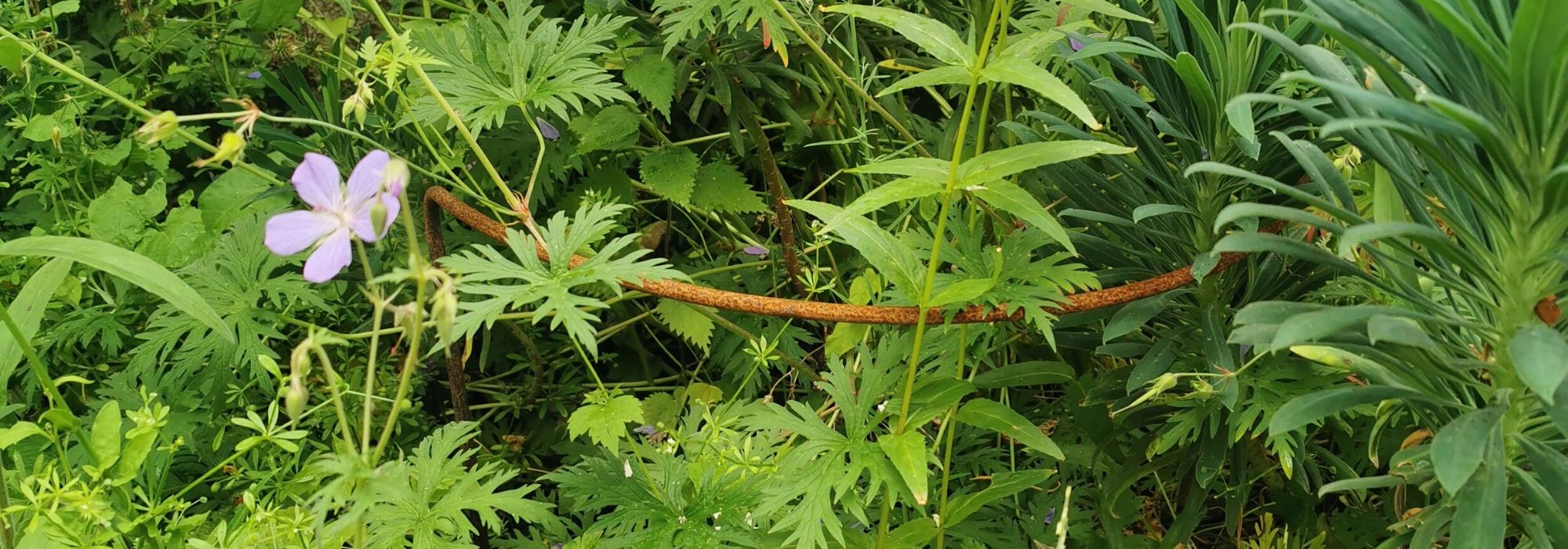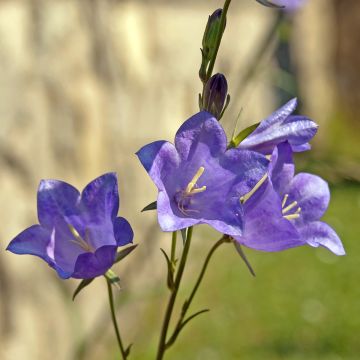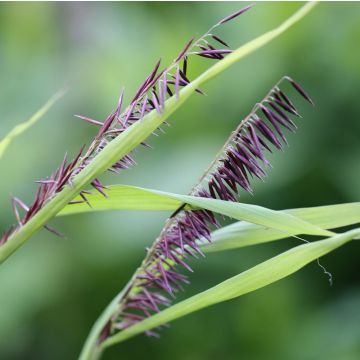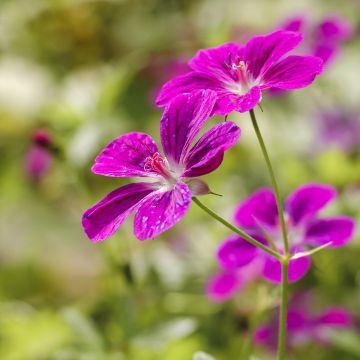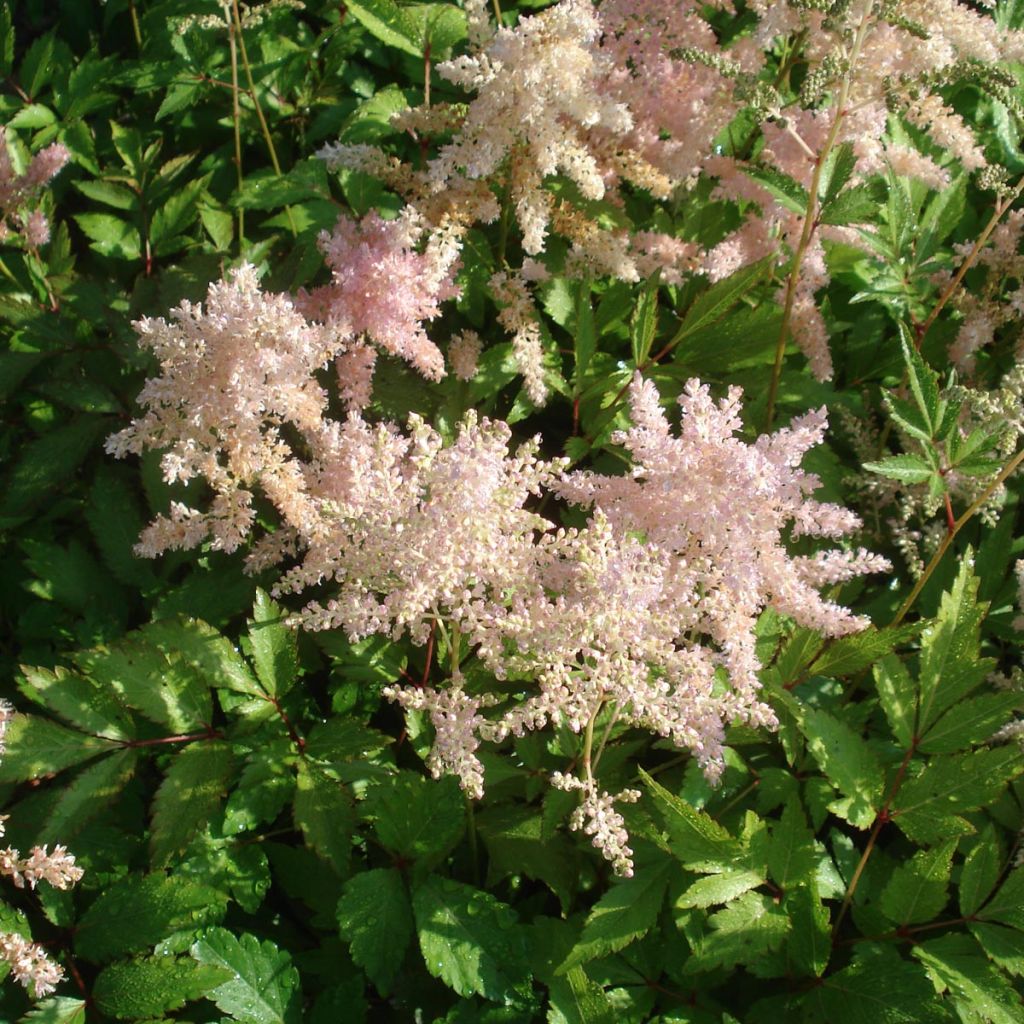

Astilbe Pink Lightning
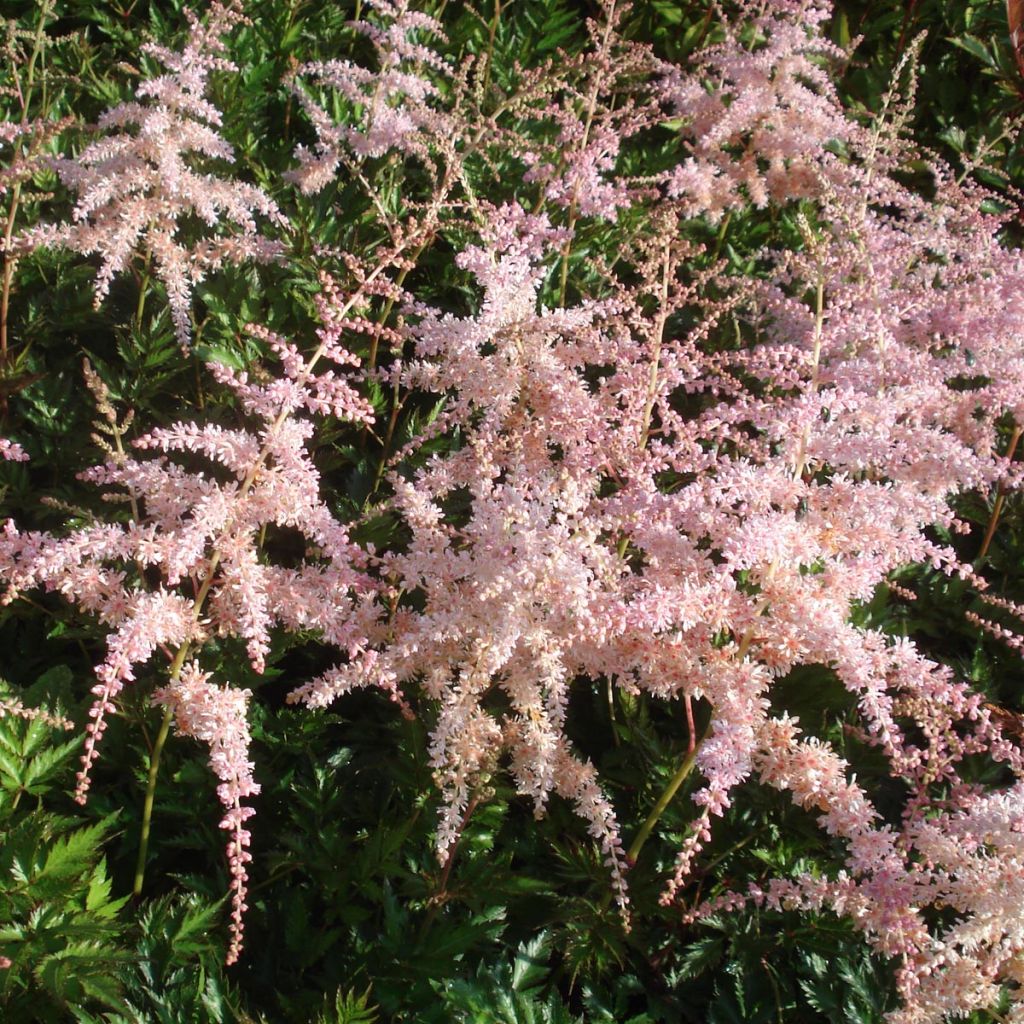

Astilbe Pink Lightning
Astilbe Pink Lightning
Astilbe simplicifolia Pink Lightning
Fausse spirée
Disappointed with the order placed this time, even though I have ordered several times from Promesse de Fleurs. The previous one already had a pot of completely dead forget-me-nots, and this order, only the camellia and the 2 forget-me-nots that I ordered are in good condition. The Passiflora incarnata is really not beautiful, with a good part of the plant all yellow, the Tuscany Superb rose with all the branches broken and brown, an astilbe with just soil and no trace of the astilbe. I am really disappointed with the order placed this time, especially considering the price of the plants ordered.
Samantha, 07/12/2022
Why not try an alternative variety in stock?
View all →This plant carries a 12 months recovery warranty
More information
We guarantee the quality of our plants for a full growing cycle, and will replace at our expense any plant that fails to recover under normal climatic and planting conditions.

Would this plant suit my garden?
Set up your Plantfit profile →
Description
Astilbe 'Pink Lightning' is adorned with beautiful fragrant and airy panicles. In this variety, they are a very light salmon pink and last all summer. Astilbes are truly beautiful perennials that are easy to mix and match in borders, quickly establishing an elegant and refined atmosphere.
The simplicifolia species is native to Japan and belongs to the saxifrage family. This rhizomatous perennial forms a voluminous 40cm (16in) high clump. It develops light, finely cut, dark green foliage. 'Pink Lightning' is a variety with tiny pale pink flowers arranged in feathery 20 to 50cm (8 to 20in) long panicles that turn brown in winter. They flower from June to August.
Astilbe 'Pink Lightning' is easy to grow and thrives in rich, deep, consistently moist, fertile, acidic soil, in a semi-shaded position. It can tolerate full sun as long as the soil is moist. Astilbes are hardy perennials and can grace shaded corners with their flowers. They are also suitable for marshy areas with heavy, compact, and moist soil. They will not disappoint you! They are perfect for pond borders or mixed with hostas, ferns, and acid-loving shrubs, for example. It is possible to force growth by potting up the plant in a mixture of garden and ericaceous soil at the first sign of frost. After a month, gradually increase the temperature while frequently watering.
Astilbe Pink Lightning in pictures
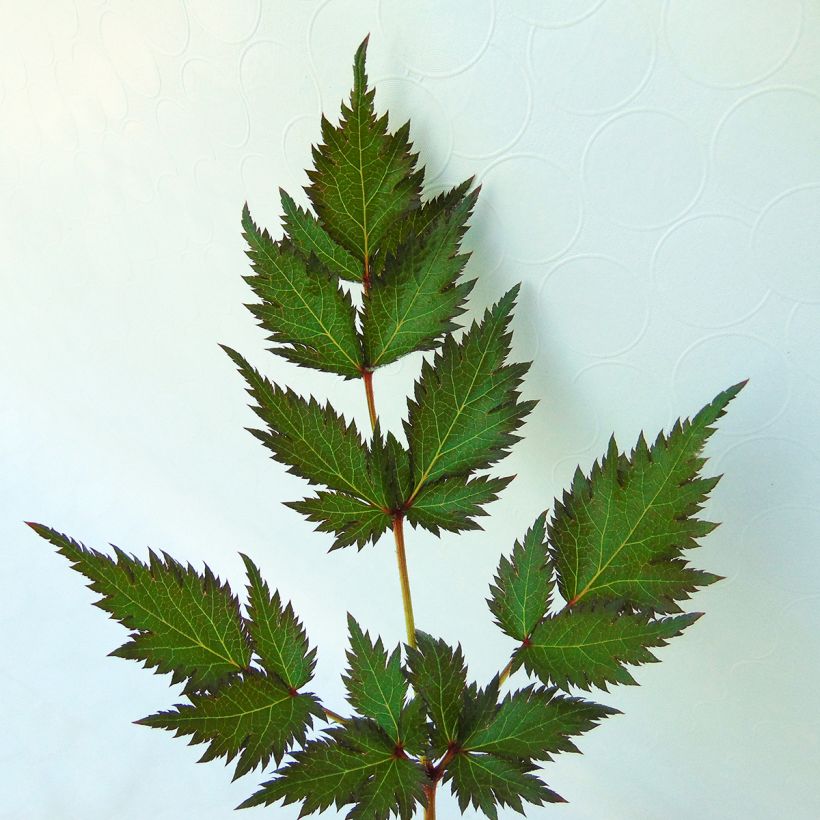

Flowering
Foliage
Plant habit
Botanical data
Astilbe
simplicifolia
Pink Lightning
Saxifragaceae
Fausse spirée
Cultivar or hybrid
Other Astilbe - False Goatsbeard
View all →Planting and care
Astilbe 'Pink Lightning' is best planted from October to April in an equal mixture of garden and ericaceous soil. Choose a shady or semi-shady location, except where the soil is moist even in summer, such as a pond bank, where it will then easily tolerate full sun. Avoid soil that is too chalky, as it will not develop well there. Water in summer to keep the substrate fresh and mulch with pine bark. In October, when the foliage has turned yellow, cut the stems down to ground level and divide the clump every 3 years. In April, add compost to maintain a rich, deep, always moist and fertile substrate.
Planting period
Intended location
Care
Planting & care advice
-
, onOrder confirmed
Reply from on Promesse de fleurs
Similar products
Haven't found what you were looking for?
Hardiness is the lowest winter temperature a plant can endure without suffering serious damage or even dying. However, hardiness is affected by location (a sheltered area, such as a patio), protection (winter cover) and soil type (hardiness is improved by well-drained soil).

Photo Sharing Terms & Conditions
In order to encourage gardeners to interact and share their experiences, Promesse de fleurs offers various media enabling content to be uploaded onto its Site - in particular via the ‘Photo sharing’ module.
The User agrees to refrain from:
- Posting any content that is illegal, prejudicial, insulting, racist, inciteful to hatred, revisionist, contrary to public decency, that infringes on privacy or on the privacy rights of third parties, in particular the publicity rights of persons and goods, intellectual property rights, or the right to privacy.
- Submitting content on behalf of a third party;
- Impersonate the identity of a third party and/or publish any personal information about a third party;
In general, the User undertakes to refrain from any unethical behaviour.
All Content (in particular text, comments, files, images, photos, videos, creative works, etc.), which may be subject to property or intellectual property rights, image or other private rights, shall remain the property of the User, subject to the limited rights granted by the terms of the licence granted by Promesse de fleurs as stated below. Users are at liberty to publish or not to publish such Content on the Site, notably via the ‘Photo Sharing’ facility, and accept that this Content shall be made public and freely accessible, notably on the Internet.
Users further acknowledge, undertake to have ,and guarantee that they hold all necessary rights and permissions to publish such material on the Site, in particular with regard to the legislation in force pertaining to any privacy, property, intellectual property, image, or contractual rights, or rights of any other nature. By publishing such Content on the Site, Users acknowledge accepting full liability as publishers of the Content within the meaning of the law, and grant Promesse de fleurs, free of charge, an inclusive, worldwide licence for the said Content for the entire duration of its publication, including all reproduction, representation, up/downloading, displaying, performing, transmission, and storage rights.
Users also grant permission for their name to be linked to the Content and accept that this link may not always be made available.
By engaging in posting material, Users consent to their Content becoming automatically accessible on the Internet, in particular on other sites and/or blogs and/or web pages of the Promesse de fleurs site, including in particular social pages and the Promesse de fleurs catalogue.
Users may secure the removal of entrusted content free of charge by issuing a simple request via our contact form.
The flowering period indicated on our website applies to countries and regions located in USDA zone 8 (France, the United Kingdom, Ireland, the Netherlands, etc.)
It will vary according to where you live:
- In zones 9 to 10 (Italy, Spain, Greece, etc.), flowering will occur about 2 to 4 weeks earlier.
- In zones 6 to 7 (Germany, Poland, Slovenia, and lower mountainous regions), flowering will be delayed by 2 to 3 weeks.
- In zone 5 (Central Europe, Scandinavia), blooming will be delayed by 3 to 5 weeks.
In temperate climates, pruning of spring-flowering shrubs (forsythia, spireas, etc.) should be done just after flowering.
Pruning of summer-flowering shrubs (Indian Lilac, Perovskia, etc.) can be done in winter or spring.
In cold regions as well as with frost-sensitive plants, avoid pruning too early when severe frosts may still occur.
The planting period indicated on our website applies to countries and regions located in USDA zone 8 (France, United Kingdom, Ireland, Netherlands).
It will vary according to where you live:
- In Mediterranean zones (Marseille, Madrid, Milan, etc.), autumn and winter are the best planting periods.
- In continental zones (Strasbourg, Munich, Vienna, etc.), delay planting by 2 to 3 weeks in spring and bring it forward by 2 to 4 weeks in autumn.
- In mountainous regions (the Alps, Pyrenees, Carpathians, etc.), it is best to plant in late spring (May-June) or late summer (August-September).
The harvesting period indicated on our website applies to countries and regions in USDA zone 8 (France, England, Ireland, the Netherlands).
In colder areas (Scandinavia, Poland, Austria...) fruit and vegetable harvests are likely to be delayed by 3-4 weeks.
In warmer areas (Italy, Spain, Greece, etc.), harvesting will probably take place earlier, depending on weather conditions.
The sowing periods indicated on our website apply to countries and regions within USDA Zone 8 (France, UK, Ireland, Netherlands).
In colder areas (Scandinavia, Poland, Austria...), delay any outdoor sowing by 3-4 weeks, or sow under glass.
In warmer climes (Italy, Spain, Greece, etc.), bring outdoor sowing forward by a few weeks.







































